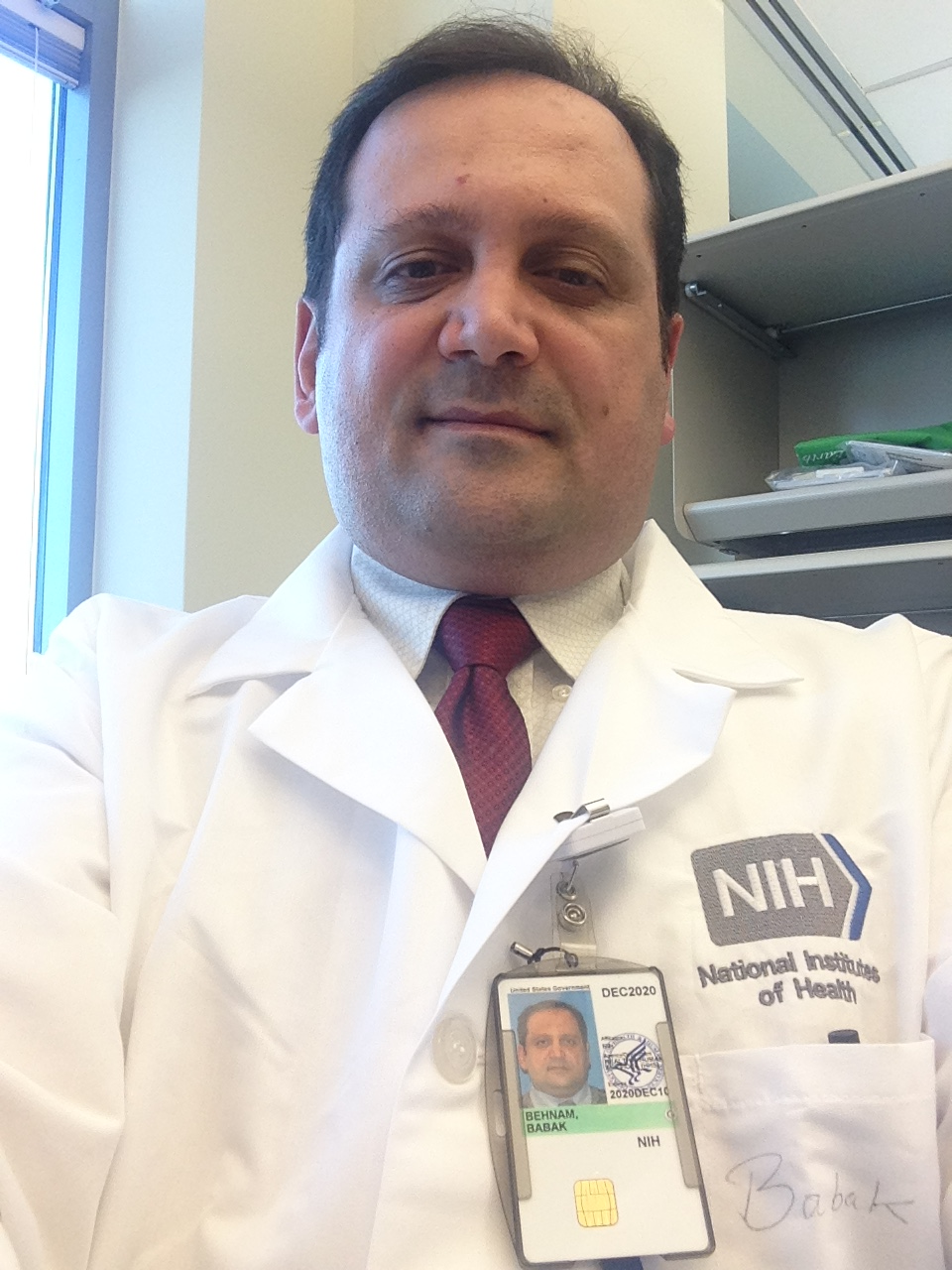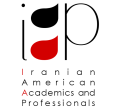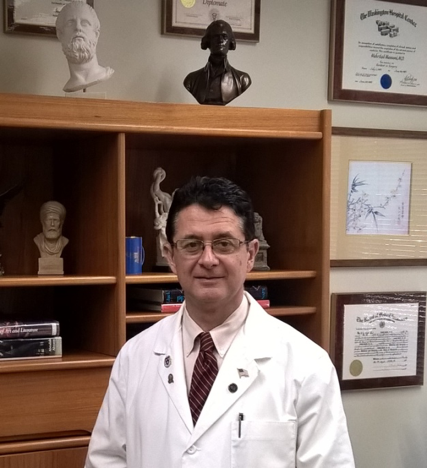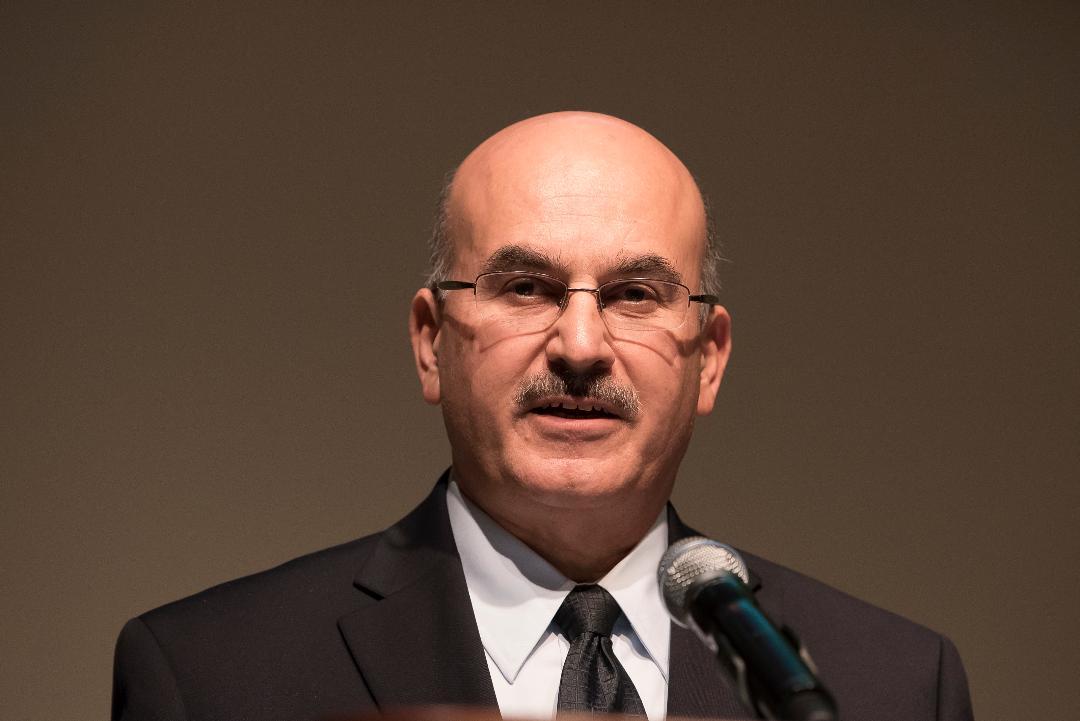
Where: Montgomery Community College (Rockville Campus) – Humanities Building (HU), Conference Room 009
(Get Directions, Campus Map)
Language: Farsi

Synopsis:
Genetics looks at specific genes, how they relate, react with each other, and their association with particular pathologic phenotypes (diseases), while genomics refers to the study of individual entire genotype (genetic makeup). Nowadays scientists, doctors, and patients are able to have a genetic test with much DNA information for a number of illnesses. Genomic medicine investigates genes (coded by DNA), their linkages to our health, and the complex but individual biological details for diagnosis and effective treatment. Genomic medicine contribute to diagnosis, prenatal Screening (during pregnancy), inheritance prediction in cases of a family history of serious genetic disorders, and in predisposition/assessing risk (susceptibility) to complex genetic (polygenic) disorders based on individual phenotype. So, it makes a significant difference in four different levels: personal, doctors, national, and world-wide scales. In National level, strategies to care for rising trends and particular programs (e.g. NBS) are developed. On a world-wide scale, projects like OMIM or Genetics Home References, means that everybody with rare syndromes can get the answers to their questions. Although scientists approach genetically for only particular disorders (to avoid facing to big data), genomic medicine is evolving to find a chemical or genetic bottleneck for conditions such as schizophrenia and asthma.
About the Speaker:
Babak Behnam did a medical (MD) degree at Iran University of Medical Sciences (1997), followed by a MSc in Molecular Medicine in Sheffield University, and a PhD in Human Genetics at University College London (2005). Then he awarded a NIH-based (NRSA) postdoctoral fellowship in medical genetics at U Michigan and moved to United States. Also he did some translational neuroscience research as adjunct faculty at University of Central Florida (2007-2009). Then he joined back to IUMS and served as a faculty member, clinical geneticist, and director of diagnostic genetic laboratory at dept. Medical Genetics Children Hospital (2009-2015). In 2016, he came back to the US and did an additional board-accredited fellowship in Clinical Biochemical Genetics at NIH. At the same time and in parallel, he has done some translational research in Undiagnosed Disease Program (UDP) at NHGRI, and published about 25 scientific articles including some reports of Iranian patients with rare genetic diseases as well as the patients registered in UDP. As a scientist in clinical and laboratory medicine, and also based on his medical education, his main interest is in genomic medicine and molecular mechanisms of the diseases. He has contribution and authorship in more than 60 scientific papers.
For this lecture: light refreshment will be provided
Please click here to RSVP.


